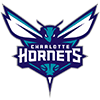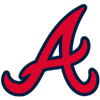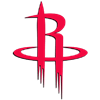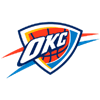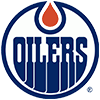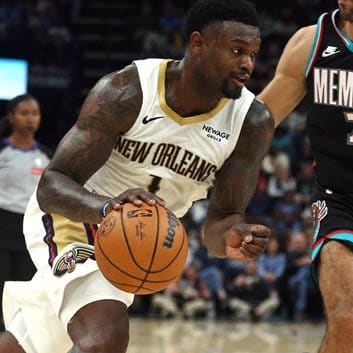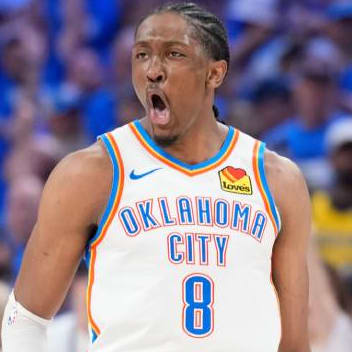Last week, top prospect Marcus Smart announced that he would forego the NBA Draft to stay in school, bedding himself in Stillwater to remain an Oklahoma State Cowboy for at least one more season.
The public reaction was fascinating in some ways. Most people - myself included - figured Smart was at the very least getting advice that wasn't particularly reflective of his last name. The point guard was comfortably in the top three of the upcoming draft. Why give up that much money? Kids will often stay an extra year or two to "improve their stock". That's the phrase we always here, right? It's about convincing the NBA that you're better than it thought you were a year ago. But how much can a top-three pick - who still had an outside chance at going No. 1 overall, by the by - increase his stock? Answer: he can't.
Smart knows this. Even he acknowledges the amount of money he stands to lose with this decision. He genuinely wants to stay in school and for the public reaction this has gotten, you'd think this were some unprecedented action from Smart - that if you're a top-three pick, you always leave.
No projected top-three pick has ever tried to stay in school.
But that's not true. And there are recent examples of that. Just last year we saw Cody Zeller announce that he would stay at Indiana for his sophomore season. Zeller most likely would have been a top-five pick
Last week, top prospect Marcus Smart announced that he would forego the NBA Draft to stay in school, bedding himself in Stillwater to remain an Oklahoma State Cowboy for at least one more season.
The public reaction was fascinating in some ways. Most people - myself included - figured Smart was at the very least getting advice that wasn't particularly reflective of his last name. The point guard was comfortably in the top three of the upcoming draft. Why give up that much money? Kids will often stay an extra year or two to "improve their stock". That's the phrase we always here, right? It's about convincing the NBA that you're better than it thought you were a year ago. But how much can a top-three pick - who still had an outside chance at going No. 1 overall, by the by - increase his stock? Answer: he can't.
Smart knows this. Even he acknowledges the amount of money he stands to lose with this decision. He genuinely wants to stay in school and for the public reaction this has gotten, you'd think this were some unprecedented action from Smart - that if you're a top-three pick, you always leave.
No projected top-three pick has ever tried to stay in school.
But that's not true. And there are recent examples of that. Just last year we saw Cody Zeller announce that he would stay at Indiana for his sophomore season. Zeller most likely would have been a top-five pick and could've had a shot to sneak his way into the top three. A couple years ago, Harrison Barnes and Jared Sullinger did the same thing - granted, there was a looming lockout, which may have affected their decision-making. In 2008, Blake Griffin figured it was better to stay at Oklahoma than to enter the NBA Draft.
Of those four players, only Griffin ended up going in the top five the following year when the Clippers took him No. 1 overall in 2009. The Warriors took Barnes with the No. 7 pick last season and Sullinger fell all the way to the end of the first round, where the Celtics scooped him up at No. 21. Usually, staying in school isn't the best decision for a projected lottery pick - at least from a monetary perspective.
It will be even harder on Smart to go in the top five next year and that's even if he does improve. Next year's draft is so much stronger than this year's and includes names at the top like Andrew Wiggins, Julius Randle, Jabari Parker, Aaron Gordon, Glenn Robinson, and Andrew Harrison. Sure, Smart absolutely has a shot at going high - he's a darn good player with a bright future - but the risk probably outweighs the reward.
A returning player's stock doesn't usually drop because that player gets worse. Often, it's just because he doesn't improve. Because of that, the media, scouts, and fans alike pick him apart to no end. Look at guys like Zeller or Sullinger. Both of them were surefire top picks after their freshman seasons because of their skill-sets. Neither got worse as sophomores, but the flaws started to show more than the skills just because we had seen so much of them. Basketball curse words like "below-the-rim" and "unathletic" and "injury-prone" started being thrown around so often that they became common knowledge.
Don't draft Sullinger. He has terrible back problems.
Don't take Zeller. He can't finish at the rim against guys who are more than athletic than him - which is everyone.
So Sully went 21st overall and now Zeller is projected to go somewhere in the 6-10 range of a weaker draft.
But what's bothersome is people saying Smart made the wrong decision. Questioning the advice he's receiving is fair game. Noting that he can only stand to lose money and probably won't make anymore is simply fact at this point. But the "wrong decision" implies that you or I do - and should - have a say in the life of this 19-year-old kid, which isn't - and shouldn't be - the case. It's never wrong for a kid to stay in school. There's nothing wrong with a kid enjoying college. There's nothing wrong with a kid respecting his coach and teammates enough to return for another season when he could easily leave. There's nothing wrong with being refreshing.
Because there's no wrong decision here, there's also no right one. There's just a decision, one that Smart had to make and with which he has to live. He's giving up his fair share of dollars, but that doesn't make Smart's choice the wrong one and I, for one, am excited that the collegiate game will be just a little bit better next season for it.
Fred Katz averaged almost one point per game in 5th grade, but he maintains that his per 36 minutes numbers were astonishing. Find more of his work at ProBasketballDraft.com or on ESPN's TrueHoop Network at ClipperBlog.com and KnickerBlogger.net. Follow him on Twitter at @FredKatz.











